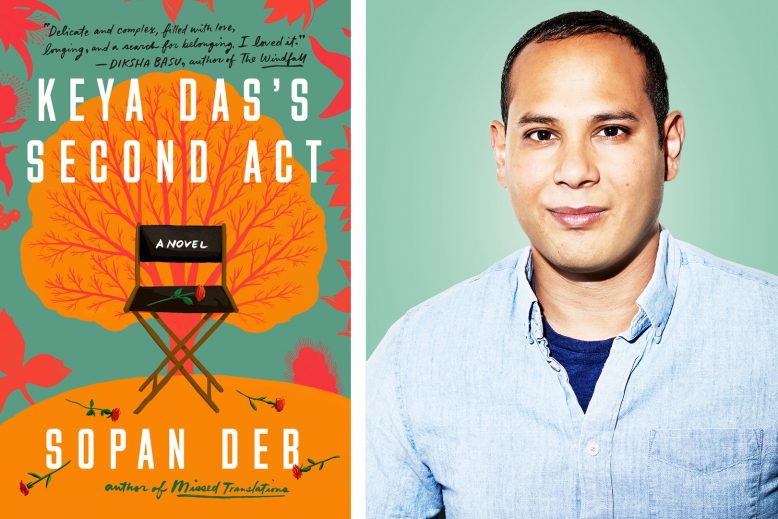
Sopan Deb, a journalist and author, has made a habit of “doing something random every few years.”
The Howell native jumped from news outlet to outlet, sometimes by choice and other times due to layoffs, before getting what he calls his “big-break” covering Trump’s 2016 campaign for CBS TV. As one of the few journalists of color who did so, Deb says he was indiscriminately arrested at a rally in Chicago, which he recalls as a “harrowing experience” that has “stuck with him ever since.”
After covering the campaign—entering his thirties and exhausted by politics—Deb went on to write about culture and basketball for the New York Times. After writing his debut memoir in 2020, Missed Translations: Meeting the Immigrant Parents Who Raised Me, he decided to continue his tradition of doing something new. He wrote his first fiction novel during the pandemic.
“I never expected three to four years ago that I’d try my hand at fiction writing, but it just so happens that I crave trying new things,” says Deb, who is 34.
The novel, Keya Das’s Second Act, which was released in July (Simon and Schuster), weaves Deb’s own formative experiences into a story that explores grief, forgiveness and redemption, themes which he says weighed heavily on his mind while writing the novel in quarantine.
Similar to Deb’s own upbringing, the story follows a Bengali-American family living in suburban New Jersey. After the parents’ nasty divorce and a tragic car accident that kills their youngest daughter, Keya, the family members find themselves isolated from each other and their community.
However, once the father, a Rutgers professor, finds an unfinished manuscript in the attic that Keya was writing with her girlfriend, he proposes that the family finish it and put on the play in homage to Keya. This feat helps the family mend their broken relationships.
“I tried to make it as authentically New Jersey as possible,” he says. “The Bengali community was a big part of my upbringing, and I really wanted to explore my relationship to that community in this book.”
